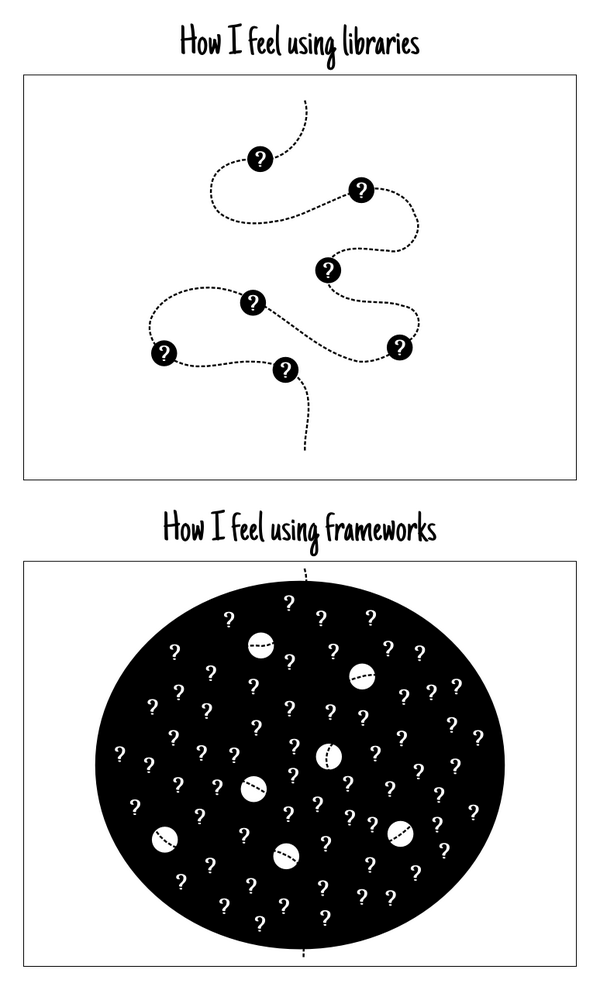Dumping my thoughts here.
Brown and his family and community obviously got a rotten deal here. It seems very unlikely that Wilson’s behavior was completely appropriate; that Brown would simply attack him for no reason a few days away from starting school. I could imagine a scenario in which Brown was rushing Wilson as a form of self protection. That Wilson did not use a taser or some other method of de-escalation was also a very unfortunate error that he should pay for.
Cameras need to be rolling. Any officer with lethal weapons should be wearing one, and it should auto-activate whenever the officer touches a weapon or moves quickly; better to accidentally capture unneeded footage. Funding is going to be a problem here because—it’s my impression that—high crime areas also tend to be underfunded. We should fix that.
Wilson, and probably any officer left in such a situation (having killed an unarmed citizen with no immediate video evidence) should be arrested to show seriousness in delivering justice. Police unions will obviously fight such a policy, but hopefully this will show how failing to do so can make an officer’s life much worse and reduce the credibility of the entire profession. Wilson will be known by many as a murderer of an unarmed teen regardless of what really happened, and that’s not how justice should work.
When he goes to trial it’s hard to imagine anyone being happy with the outcome. Brown was big, tall and could clearly intimidate, and the type of individuals who make it into juries I suspect will very much believe a uniformed officer. A video of Wilson pacing after the shooting won’t prove wrongdoing. Brown’s family would be wise to bring a civil suit against the PD and I’m sure they will. Lots of Ferguson’s citizens and press agencies should sue them. Payoffs change behavior.
The St. Louis Police have, through their incompetence at crowd-handling and arresting of press members, done the country a great service in raising public awareness of the problem of police militarization. Hopefully this will change policies that currently help local police dress like soldiers and bring warfare tactics to U.S. streets.
It’s sad that people will use a peaceful protest as an excuse to loot local businesses and attack officers. Protesters that deny this stuff is happening lose credibility.
I’m conflicted about the wisdom of protesting in the middle of the night. On one hand this will give cover to miscreants and increase the danger to everyone. On the other hand this undoubtedly is helping keep Ferguson and the issues its facing in the public eye. It’s hard to change policies via polite daytime picketing.
Change happens when journalists are chased, shot in the back with rubber bullets, and arrested.
